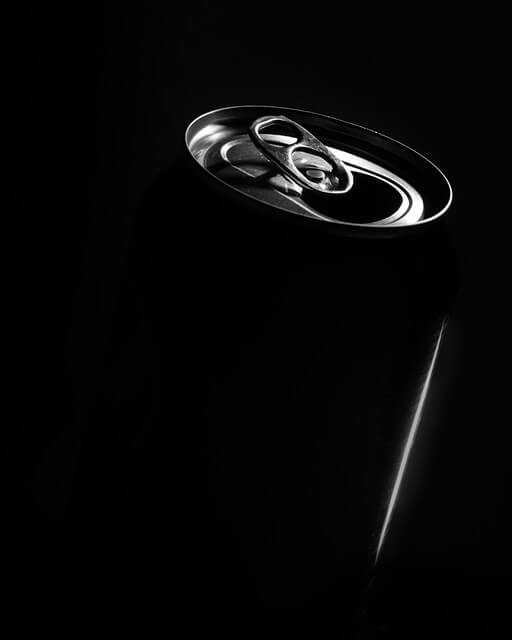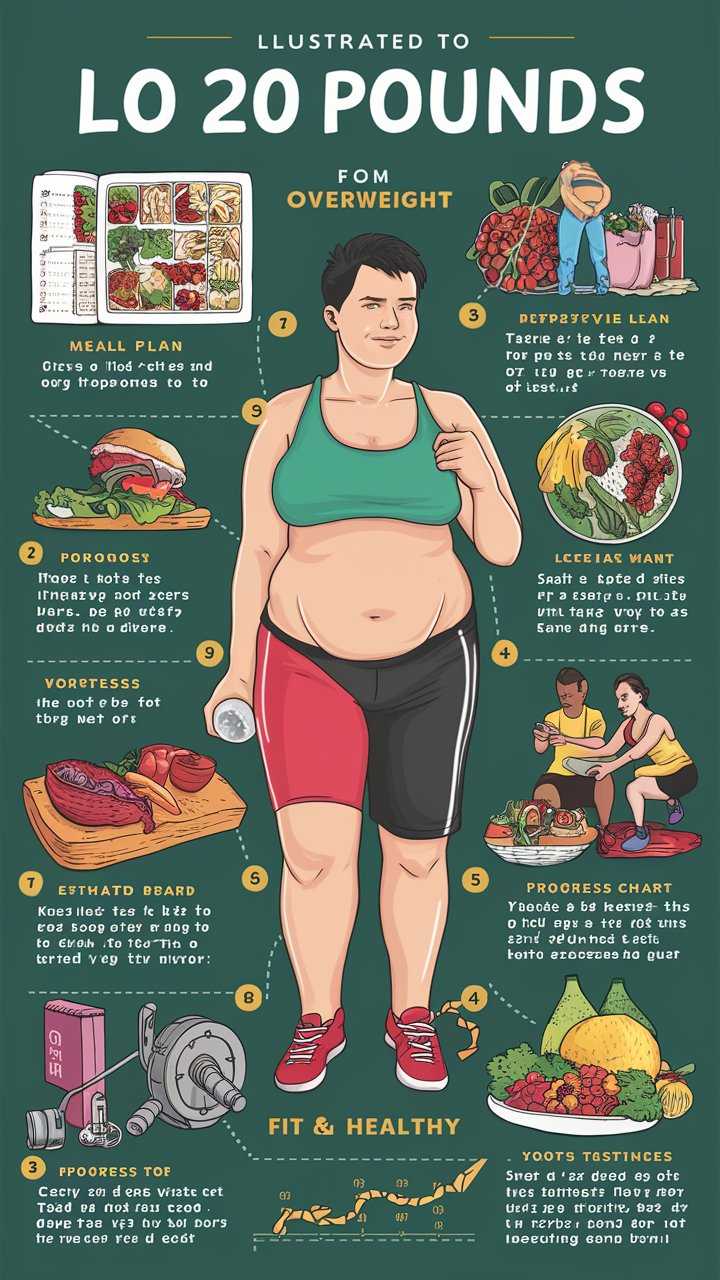Diet Coke Nutrition Facts
Diet Coke Nutrition Facts: Unveiling the Truth Behind the Bubbly Beverage Introduction When it comes to popular carbonated beverages, Diet Coke often takes center stage. Its refreshing taste, zero-calorie appeal, and association with a healthy lifestyle make it a go-to choice for many. But what lies beneath the effervescence? In this in-depth exploration, we’ll delve…
Diet Coke Nutrition Facts: Unveiling the Truth Behind the Bubbly Beverage
Introduction
When it comes to popular carbonated beverages, Diet Coke often takes center stage. Its refreshing taste, zero-calorie appeal, and association with a healthy lifestyle make it a go-to choice for many. But what lies beneath the effervescence? In this in-depth exploration, we’ll delve into the diet coke nutrition facts, uncovering the truth about this beloved bubbly beverage. From examining its ingredients to understanding its impact on health, we’ll leave no stone unturned. So grab a can of Diet Coke and join us on this enlightening journey!

What are the Diet Coke Nutrition Facts?
Diet Coke, a sugar-free variant of the classic Coca-Cola, has garnered a massive following over the years. People seeking to cut down on sugar and calories often turn to this beverage as a guilt-free indulgence. Let’s take a closer look at its nutrition facts:
- Serving Size and Calories: A typical serving size of Diet Coke is 12 fluid ounces (355 ml), which contains zero calories. It provides the satisfying fizz and flavor without adding to your daily calorie intake.
- Carbohydrates and Sugar: Diet Coke is a sugar-free beverage. It contains no carbohydrates or sugars, making it a suitable choice for those following low-carb or sugar-restricted diets.
- Sodium: In a 12 fluid ounce serving of Diet Coke, you’ll find a minimal amount of sodium, approximately 40 milligrams (mg). This quantity is relatively low and should not pose a concern for individuals on a low-sodium diet.
- Caffeine Content: Diet Coke contains caffeine, which adds to its stimulating effects. A 12 fluid ounce serving typically contains around 46 milligrams of caffeine, giving you a mild energy boost to get through your day.
- Vitamins and Minerals: While Diet Coke does not provide any significant vitamins or minerals, it serves as a hydrating beverage, contributing to your daily fluid intake.
Now that we have a basic understanding of the diet coke nutrition facts let’s explore the ingredients that make up this fizzy elixir.

Unraveling the Ingredients
The secret behind Diet Coke’s alluring taste lies within its carefully crafted blend of ingredients. Here’s a closer look at what goes into the making of this popular beverage:
- Carbonated Water: The base of Diet Coke is carbonated water, which gives it the satisfying fizz we all enjoy. The carbonation process involves dissolving carbon dioxide gas into water under pressure, creating those delightful bubbles that tickle our taste buds.
- Caramel Color: To achieve its distinct dark hue, Diet Coke contains caramel color. This additive is derived from the controlled heating of sugar, which imparts a rich and appealing color to the beverage.
- Phosphoric Acid: Phosphoric acid is a common ingredient in many soft drinks, including Diet Coke. It serves to balance the beverage’s acidity, providing a tangy flavor profile.
- Aspartame: Aspartame is an artificial sweetener used in Diet Coke to deliver a sugar-like taste without the added calories. It is significantly sweeter than sugar, allowing for a smaller amount to be used.
- Potassium Benzoate: Diet Coke contains potassium benzoate, a preservative that helps prevent the growth of bacteria and molds, ensuring the freshness and shelf life of the beverage.
- Natural Flavors: To enhance the taste experience, Diet Coke incorporates natural flavors. While the exact composition of these flavors is proprietary information, they play a crucial role in creating the beverage’s distinct and enjoyable profile.
With the ingredients revealed, let’s
address some common questions and misconceptions surrounding Diet Coke and its impact on health.

FAQs about Diet Coke Nutrition Facts
- Does Diet Coke contain any calories? No, Diet Coke is a zero-calorie beverage. It provides the refreshing taste and sensation of carbonation without contributing to your daily calorie intake.
- Is Diet Coke sugar-free? Yes, Diet Coke is completely free of sugar. It is sweetened with artificial sweeteners like aspartame, which provide the desired taste without the added calories.
- Is Diet Coke bad for you? Diet Coke, when consumed in moderation as part of a balanced diet, is generally considered safe. However, excessive consumption of any carbonated beverage, including Diet Coke, may have negative effects on dental health due to its acidic nature.
- Does Diet Coke have caffeine? Yes, Diet Coke contains caffeine, although in smaller amounts compared to regular Coca-Cola. The caffeine content provides a mild energy boost but should be consumed in moderation, especially by individuals sensitive to caffeine.
- Can Diet Coke be part of a weight loss diet? Diet Coke can be a useful component of a weight loss diet, as it contains no calories or sugar. However, it’s important to remember that weight loss is best achieved through a combination of healthy eating, regular exercise, and overall lifestyle changes.
- Is Diet Coke suitable for individuals with diabetes? Due to its lack of sugar, Diet Coke can be a suitable beverage choice for individuals with diabetes. However, it’s essential to consult with a healthcare professional to determine the best dietary options based on individual health needs.
Now that we’ve addressed some common queries, let’s draw some conclusions about the diet coke nutrition facts and its role in a healthy lifestyle.

Conclusion
In conclusion, Diet Coke offers a sugar-free, zero-calorie alternative to regular soft drinks, making it an appealing choice for those seeking a refreshing beverage without the guilt. Its carefully crafted blend of ingredients creates a delightful taste experience, complemented by the satisfying fizz we’ve come to love.
While Diet Coke can be enjoyed as part of a balanced diet, it’s important to remember that moderation is key. Excessive consumption of any carbonated beverage, including Diet Coke, may have negative effects on dental health and overall well-being. As with any dietary choice, it’s always wise to consult with a healthcare professional to ensure it aligns with your individual health needs.
So go ahead, crack open a can of Diet Coke and savor the effervescent delight while keeping in mind the diet coke nutrition facts. Cheers to enjoying life’s little pleasures in a way that suits your unique journey to a healthier lifestyle!









